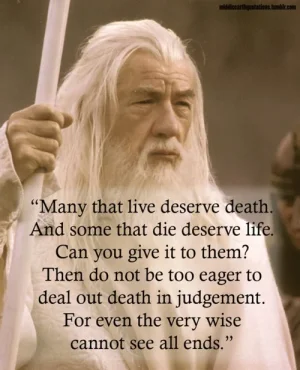- MBTI
- infj
- Enneagram
- ....
What exactly would replace them? They may be getting paid but that doesn't make their position any less dangerous. It's the same with fire fighters, the police and the search and rescue service. Why exactly is it kinder. They're going to die in fifty or sixty years anyway. You might say we all will but we have a chance to have a good fulfilling live, they don't.
Why exactly is this personal? I don't think any less of you for your opinion.
If you don't know why its kinder to NOT kill someone vs KILLING them, then I don't know what to tell you. Again the firefighters and prison guards know the risk, they take it willingly and upon themselves and the system put into place. No one is forcing them to do that. By your logic, we shouldn't live in buildings because its dangerous to the carpenters who build them, which is indeed true, I knew many carpenters who died on the job. But as professionals we respect their ability to choose for themselves if the risks outweigh the benefits. Ethics and morality is drawing a line based on conclusions, I feel safe saying that showing mercy and simply isolating dangerous individuals without hurting them is the best and most evolutionary advantageous way to proceed. It establishes a better society morally and sets a tempo, removes the offenders from their ability to harm us, and cuts back on their ability to pass on their genetics. Depriving them of their life would serve no good on a cultural or ethical level, in fact would harm those levels. Killing instead becomes 1 of 2 things. Cold efficiency. OR vengeance. Neither of which are worth building our society upon if we want to continue calling ourselves humans, as utilizing mere logic or anger alone to arrive at a conclusion is both insulting to our species capability to think more complexly as well animal in the purest sense of thinking with a very old portion of our brian (the R complex).

